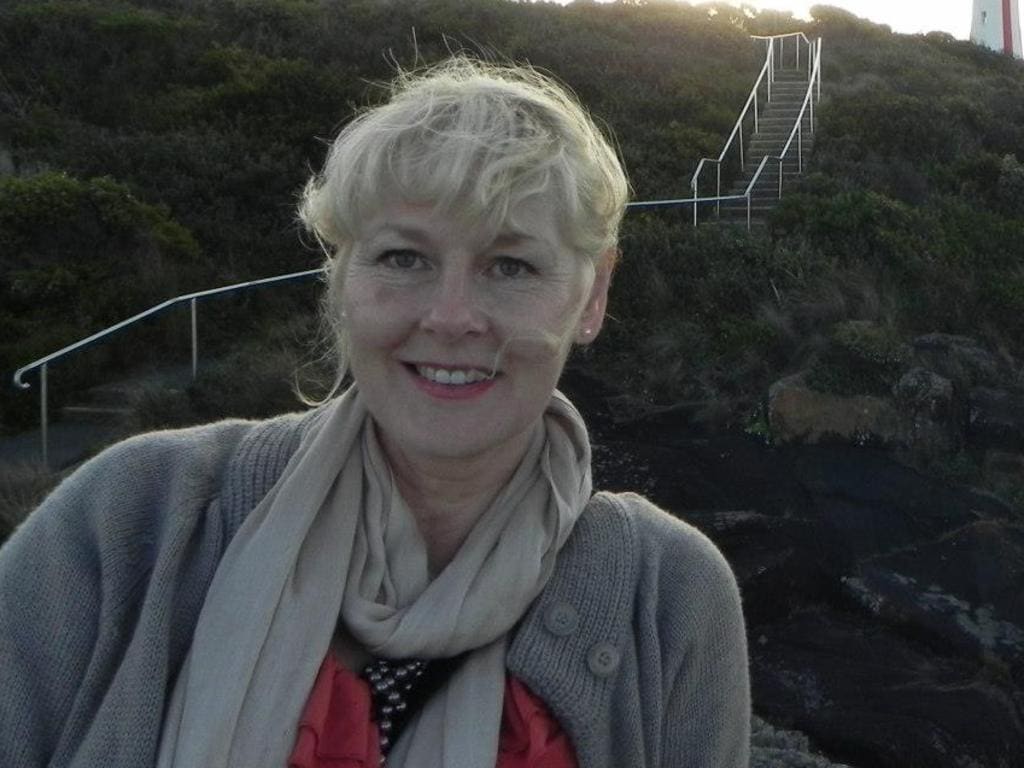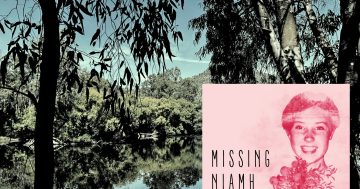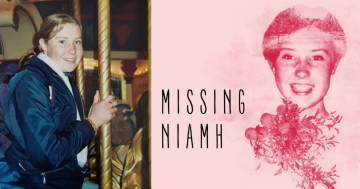
Ruth Ridley travelled from Port Macquarie to Tumbarumba to visit family in October 2019, then she vanished. Photo: Australian Missing Persons Register.
When the true crime podcast Loose Units revisited the case of missing NSW woman Ruth Ridley earlier this year, the details were as haunting as ever.
In October 2019, the 58-year-old mother and grandmother vanished after travelling from Port Macquarie to Tumbarumba in the NSW Snowy Valleys.
The trip south, according to her family and the podcast, was to visit her grandchildren – not to reconcile with her estranged husband Gary Ridley, as was initially suggested.
At the time, an apprehended violence order was in place against Gary, a former Queensland police officer.
But days later, her Pajero was discovered across the border in Victoria, with Gary Ridley dead inside from an apparent suicide, and Ruth was missing.
Nearly six years later, her disappearance remains one of Australia’s most enduring and baffling cold cases – pointing to a long‑standing history of domestic violence as a driving force behind the tragedy.
In January this year, the true crime podcast Loose Units – The Shadow Files revisited Ruth’s case in a powerful episode titled “Missing: Ruth Ridley”.
Hosts John and Paul Verhoeven laid out the timeline, the heartbreak and the unsettling gaps that continue to haunt her family and investigators.
“It’s one of those cases that stays with you,” said John Verhoeven, a former police officer, “because there’s just enough known to be terrifying and too much that’s still unknown”.
After departing her home at Port Macquarie on 18 October 2019 in her dark-blue Mitsubishi Pajero towing a Jayco Sterling caravan, Ruth travelled direct to Tumbarumba where she stayed with family.
The last confirmed sighting of Ruth was on CCTV cameras at a supermarket in Albury on 24 October.
Campers reported seeing the Pajero and caravan parked at Neil’s Bend Reserve – a bush camping spot on the Murray River near the small Victorian town of Walwa, just over an hour east of Albury – around the weekend of 26 and 27 October.
But no-one saw Ruth herself.
However, Gary was seen buying petrol for the Pajero in Tumbarumba on 27 October.
Two days later, on 29 October, the parked vehicle was seen near Pikes Dam, near Shelley in Victoria, by forestry workers travelling to work on the Walwa-Shelley Road.
It was later discovered that inside the vehicle was the body of Gary Ridley. His death was not treated as suspicious.
The caravan was located the following day in Tumbarumba.
The same day, Ruth Ridley was officially reported missing and despite extensive searches by Victoria and NSW police, she has never been found.
In the investigation that followed, friends and family revealed Ruth lived for years under the weight of emotional abuse and intimidation and the fear that Gary would one day kill her.
In 2021, a coroner ruled Ruth’s disappearance a homicide, believing she was a victim of a murder/suicide at the hands of her husband, with her body disposed of somewhere along the Murray or in the surrounding bush.
While the Loose Units podcast raised the possibility that Ruth’s remains may have been destroyed in the Black Summer bushfires which tore through the region months after her disappearance, news reports show search teams using specialised cadaver dogs returned in November 2020 and again in October 2023.
The podcast’s revival of Ruth’s story has helped reignite public interest in the case which, for Ruth’s family and Victorian Police, remains unresolved.
For them the search for answers, and Ruth’s remains, continues.
Neil’s Bend Reserve was busy on the weekend of 26 and 27 October 2019 and police remain hopeful someone will come forward with information.
They say up to four other campsites were set up the weekend Ruth was believed to be there.
“They may have seen or heard something they didn’t realise was significant at the time,” police said.
Anyone with information about the disappearance of Ruth Ridley or who was camping at Neil’s Bend on 26-27 October, please contact Crime Stoppers on 1800 333 000.
If you or someone you know needs help, you can contact:
Lifeline’s 24-hour crisis support line – 13 11 14
Suicide Call Back Service – 1300 659 467









